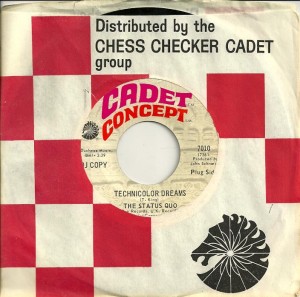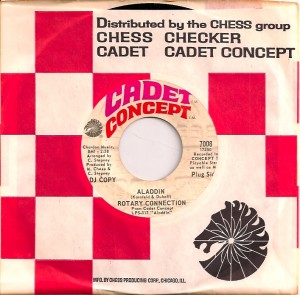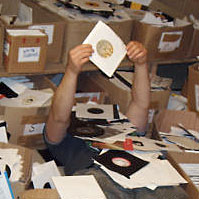Listen: Technicolor Dreams / The Status Quo
Technicolor
It’s still there, my favorite hotel in the whole wide world. Amsterdam, Holland’s American Hotel. Don’t let the name trick you into thinking it’s some home away from home for US citizens. Instead, the place has weathered nearly a century at Leidsekade 97. Just gander at the wall photos in the Bar American and try not letting your heart freeze. Good luck.
A cocktail lounge in the true European sense of the word, Bar American overlooks one of the city’s main squares, the center of Amsterdam as I know it. When time has permitted, I’ve sat for hours from mid afternoon sipping champagne, preferably as drizzle turns to sleet, watching the world go by. Seldom have I been been happier. Dare I say, some of my best times ever have been had in that hotel, other than when Corinne convinced me to eat one too many hash cakes in The Bulldog a few blocks away. Even the walls of our room, when throbbing with dripping colors, become a warm and fuzzy memory of The American Hotel, where, by the way, they serve free champagne at the breakfast buffet.
Somewhere in that bar, right next to a signed, framed shot of The Status Quo, hangs a similar photo of The Herd. I know, I know. Have mercy.
But I can see them both, clear as day, and it does remind me of Andy Bown’s haircut. Undoubtably the best haircut in 60′s pop. Seriously, who had a better haircut than Andy Bown? Go ahead, I dare you to challenge that one.
Bless those Status Quo guys. By the mid 70′s, they’d made him a member of their band, where he still remains today.
The Status Quo’s third US single, ‘Technicolor Dreams’, has been forever overlooked, given it’s one of the five greatest psychedelic pop records from that sparkling era. Other equally worthy tracks are consistently spotlighted, but never this. Although, THE RECORD COLLECTOR PRICE GUIDE could convince you otherwise. Withdrawn just after release in the UK, ‘Technicolor Dreams’ booked for £1000 a few years back.
Having gotten my original in the day, let’s fast forward to ’94, while on a Dallas business trip with Duane, I picked up another for $9, then rather pricey. Constantly needing safety copies helped in making an incredibly valuable investment. Don’t ask me exactly where it is though, but definitely somewhere in the black hole of unfiled 7′s, lining up for wall shelf seniority.


